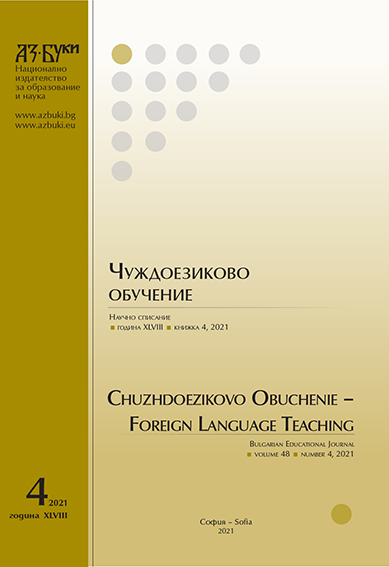The Rise of Translation Studies in Bulgaria
The Rise of Translation Studies in Bulgaria
Author(s): Irena KristevaSubject(s): Social Sciences, Language and Literature Studies, Education, Foreign languages learning, Theoretical Linguistics, Applied Linguistics, Phonetics / Phonology, Lexis, Language acquisition, Vocational Education, Adult Education, Higher Education , State/Government and Education, Philology, Inclusive Education / Inclusion, Distance learning / e-learning
Published by: Национално издателство за образование и наука „Аз-буки“
Keywords: higher education; ideology; translation; translation studies
Summary/Abstract: This article sets out to outline the evolution of the Translation Studies in Bulgaria from 1970 till the beginning of the 21st century. It aims to provide a brief overview of some pioneering articles, the studies that marked the development of translation theory from 1970 to 1990 and some works from the post-totalitarian period. In 1976 the Publishing House Narodna kultura lays the foundation stone for Translation studies, creating the collection “The Art of Translation”. From the 1970s, the Theory and Practice of Translation are included in the courses offered by the Faculty of Western Languages of Sofia University. If the key word defining the translating activity in Bulgaria from the Second World War to the 1990s is confinement, the one that qualifies its state at the beginning of the 21st century is openness. Very controlled in the years 1970 – 1990, the translatological reflection frees itself from the ideological pressure at the turn of the 20st and 21st centuries.
Journal: Чуждоезиково обучение
- Issue Year: 48/2021
- Issue No: 4
- Page Range: 352-359
- Page Count: 8
- Language: English
- Content File-PDF

